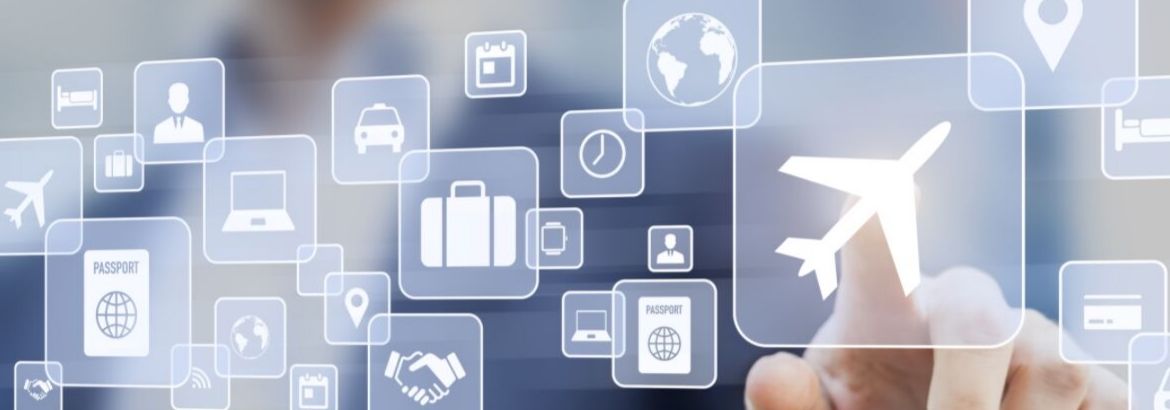There is a convincing argument that the travel industry invented e-commerce. In the 1960s, American Airlines and IBM developed the first-ever computerised customer reservation system. Fast forward to the first internet age of the late 1990s and travel is one of the early adopters of this new technology. Today, travel is one of the most compelling digital commerce success stories, with four clearly identifiable trends at the heart.
Digitisation
Technology has had a major impact on leisure and business travellers over the past two decades, and the biggest global players in the sector are all digital businesses. Travellers are familiar with researching, booking and paying for the trips digitally, using a combination of desktop, mobile web and apps.
Digitisation for leisure travellers goes beyond buying the trip. Most travellers, even those who book offline, will have a smartphone with them on the trip. Travel firms can now engage with their customers in-destination, which has led to interest and investment in getting tours and activities providers to join the digital transformation of travel.
Business travellers are also seeing a holistic impact of technology on their work-related trips. Beyond booking, they are benefiting from smoother airport experiences thanks to biometrics. Receipts can be scanned in using OCR and integrated into travel and expense software. Corporate or personal connected devices can help ensure well-being on the road.
Customer-focus
Travellers’ expectations is being shaped by what Amazon, Netflix and eBay offer. These non-travel businesses concentrate on personalisation, choice of product, user experience, service, payment security and data protection. Amazon puts the customer at the heart of everything it does and travel firms are starting to think the same way.
Personalisation is a key component of customer-focus. Travellers generally allow their travel supplier access to personal data, so long as they get something in return. The value-for-data exchange is now business-critical for the travel industry. Without permissions, travel firms can only offer a generic service.
Business travellers often use in-house booking engines or those of their travel management company, but still expect a level of service similar to the leisure traveller. Insights based on past bookings and a knowledge of preferences allow those sites serving business travellers to offer full trip support.
Infrastructure
The cloud’s direct impact on travellers is very much under the radar, but if the industry had to revert back to mainframes, data centres and on-premise servers, travellers would notice at once.
Response time to search requests can make or break a travel web site. Expedia has page response times as a key business metric, and has built its platform so that pages load within two seconds. Hosting its inventory on the cloud helps to achieve this, but there is also an internal corporate infrastructure that supports this through dev-op principles such as agile or sprint.
Data
Leisure and business travellers generate a lot of data during the search, shop and book phase of their trip and the really clever travel sites are putting this data to good use. The secret for all online retailers is to explain to customers the benefits of sharing data.
The benefits to a leisure traveller of allowing access to data could be a one-off discount code, access to gated content, special deals or free upgrades. Effective use of data can also help travel companies retain customers, especially the infrequent fliers who travel only a few times a year.
Business travellers are on the road more often, and also generate a lot of data. In a corporate context, the privacy and protection of data is paramount, and the untangling of what data is personal and what is work-related needs to be addressed.
Takeaway
Travel has been changed by technology and increasingly the enterprise technology businesses serving the industry are having their development roadmap dictated by consumer trends. Travel firms can no longer impose a channel and tell the customer where and when to book. The traveller is in control and the technology exists for an even better digital and physical experience.
Hear how some of the biggest names in travel technology are approaching digitisation, customer-focus, infrastructure and security at Travel Forward 2019, the technology-focussed event for the travel and hospitality industry.


